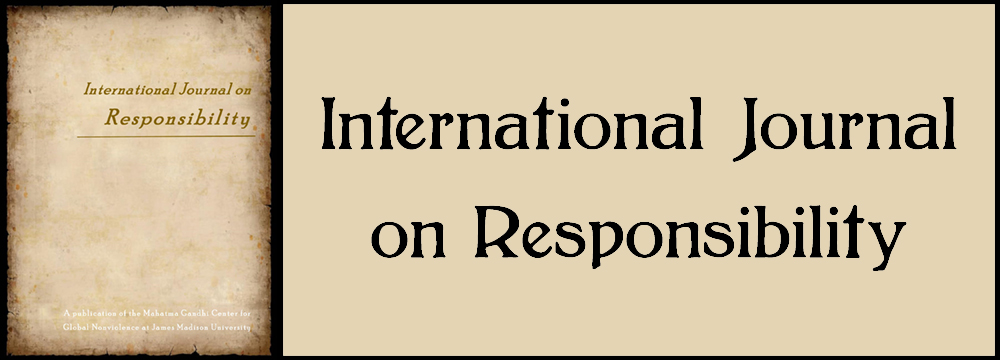
Abstract
This article aims to provide an overview of the ethical questions surrounding the responsibilities of designers of artificial intelligence (AI) systems. First, the author delves into the philosophical underpinnings of this responsibility, examining various ethical theories to grasp the moral obligations individuals have towards others and society. The author contends that designers of technology bear the responsibility of considering the broader societal implications of their creations. Subsequently, the author scrutinizes the fundamental question of whether AI systems present unique ethical concerns compared to conventional technologies, pinpointing factors such as complexity, opacity, autonomy, unpredictability, uncertainty, and the potential for significant social impact, and arguing that the distinct characteristics of AI algorithms may give rise to new categories of ethical responsibility. Finally, the article proposes a framework and strategies for ethical consideration of the responsibilities of AI designers.
Type of Issue
Special issue
Recommended Citation
McGraw, David K.
(2024)
"Ethical Responsibility in the Design of Artificial Intelligence (AI) Systems,"
International Journal on Responsibility: Vol. 7:
Iss.
1, Article 4.
DOI: https://doi.org/10.62365/2576-0955.1114
Available at:
https://commons.lib.jmu.edu/ijr/vol7/iss1/4
DOI
10.62365/2576-0955.1114
Creative Commons License

This work is licensed under a Creative Commons Attribution-NonCommercial-Share Alike 4.0 International License.
Included in
Applied Ethics Commons, Artificial Intelligence and Robotics Commons, Ethics and Political Philosophy Commons


